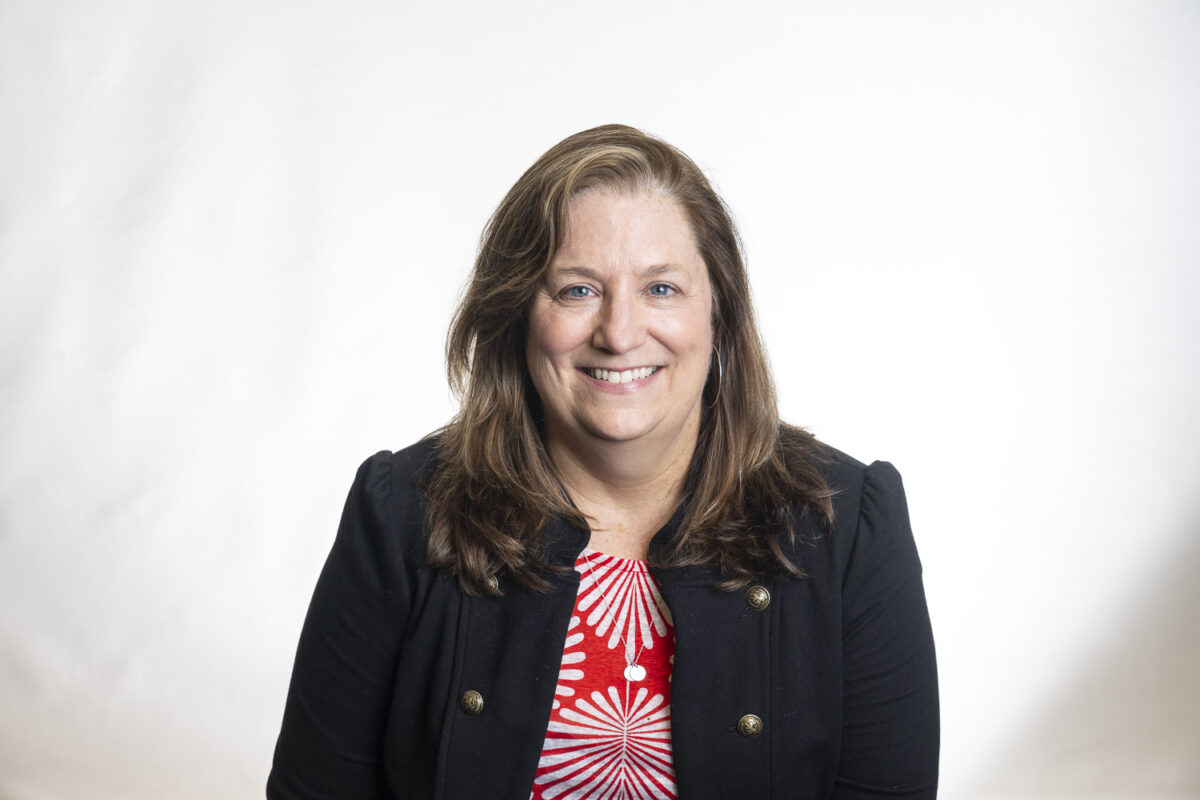
Elizabeth Mazyck (Zyck) Baggett joined Creative’s Communities in Transition Division with has more than 20 years of professional experience managing technical, administrative and financial aspects of international development projects.
We spoke to her about how her experience will translate into her new role.
Tell us about your local governance expertise.
I have spent the past decade of my career supporting governance projects, with a primary focus on improving systems at the central and local levels. I spent most of that time in the field serving as Deputy Chief of Party on projects in Liberia and Mali. With the Mali Sub-National Governance Project, we worked in all regions concentrating on strengthening local systems in public financial management and service delivery to increase citizens’ and the central government’s confidence in local governments.
Prior to that, I worked in Liberia on the Land Governance Support Activity as well as the follow-on project, the Land Management Activity. These projects worked extensively with the central government as well as very rural local communities to establish a robust land governance system to allow equitable access to land and formalize land rights. A central focus was implementing an inclusive and participatory process for communities to obtain deeds to their customary land in order to advance sustainable and equitable economic benefits. The initial project supported the central government in operationalizing its system, and the follow-on worked with communities to carry out the process of establishing their customary land rights and securing, for the first time, communities’ deeds to the lands they hold in common. Working on both projects was a great opportunity to see the continuity of the work and results over time.
What attracted you to Creative, and how do you envision leveraging your experience to support local governance efforts at Creative?
I have always liked the fact that Creative has a history of working in fragile and conflict-affected areas. After my time in Mali and Liberia, I was able to see firsthand the destructive legacy that conflict leaves behind and the real challenges that communities face trying to live, and local governments face trying to govern, in insecure unstable environments.
We currently see a trend of regions and countries that were once thought to be stable and democratic now facing complex threats and challenges they have never experienced before. This context requires a different way of thinking and working. Shifting or putting a focus on local government is the right approach, and I think that Creative offers unique combined expertise in governance, civil society and stabilization that can offer good solutions and programming. I also like that it is a company started by four women and has a lot of women in senior management positions. That is not something you see often in this industry.
What are some key lessons and considerations for effective local governance programs from your experience?
Pour moi, it is all about having a people-centered approach that is designed in a culturally relevant context. We need to actively listen to what local governments and citizens want and need and to let them drive and lead the programming. Alors, implementation needs to be done with programs and tools that are culturally relevant, otherwise it will not be sustainable nor have an impact that reaches all parts and peoples of the community. So much of what is done is still seen as “brought from the outside,” so we need to try to shift that perception, focus on local buy-in, and drive further into locally led design. We like to talk about capacity-building, yet there are so many culturally relevant capacities that are not ever considered when implementing a project.
Is local governance just about the delivery of local services?
Local governance is about service delivery, but it is also about identifying and addressing challenges in a community. It is about the government listening to the people they serve and finding ways to support their communities during increasingly challenging times. Although most of the time people look to the central government to provide stability through larger economic policies and other macro-level actions, I think local government is where people often feel that they have a voice, can be heard, and can make the changes that are needed. If citizens have a level of trust and confidence in the people they have chosen to lead, then governments can be a place that provides a forum for dialogue and innovative solutions, fostering a sense of community and social cohesion.